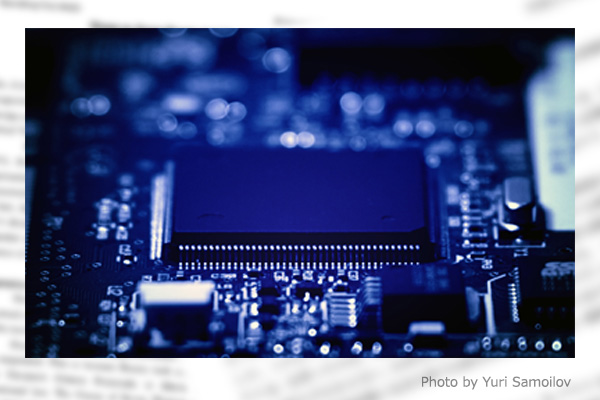I received many inquiries on my suggestion in this column on February 6 that Japan should identify China as the target of semiconductor export restrictions being planned under international cooperation. I here would like to supplement my argument, considering that many people may be unfamiliar with export controls.
Being reluctant to provoke China, the Japanese government may be making arrangements to refrain from singling out China as the target of the restrictions. The government may use the existing Wassenaar Arrangement framework to add semiconductors to the list of products for export restrictions under the Foreign Exchange and Foreign Trade Act. Forty two countries participate in the Wassenaar Arrangement to prevent excessive accumulations of conventional weapons, subjecting all regions in the world. The government is expected to explain that the new semiconductor export restrictions nominally apply to all regions to shade a light, while effectively applying only to China. The explanation, though seemingly plausible, has two problems.
Restrictions on exports to all regions deviate from the purpose of restrictions
First, it has been considered that export restrictions under the FEFTA should be minimized and based on international agreements. This was confirmed by the Japanese government when I took charge of the Wassenaar Arrangement introduction at the then Ministry of International Trade and Industry in the mid-1990s.
The semiconductor export restrictions in question are based on an agreement between Japan, the United States and the Netherlands. The U.S. would restrict such exports to China alone. If Japan subjects all regions to the restrictions, they may apply, for instance, to Taiwan and South Korea that are put out from the U.S. restrictions. Such Japanese restrictions may become those of its own.
Japanese export restrictions of its own run counter to the spirit of the abovementioned FEFTA. The government may claim that it would effectively restrict China-bound exports alone, with blanket approval adopted for exports to other countries, while restricting exports to all destinations nominally. This claim may represent the reality of the situation, but, legally speaking, the restrictions remain to cover all export destinations.
Some argue that export restrictions should cover all destinations to prevent circumvention exports. But this argument misinterprets the system of the FEFTA. The act is used to restrict exports to specific destinations. A separate administrative action will be required to prevent the circumvention, as was the case with the Coordinating Committee for Export Control, or COCOM.
Unnecessary burdens on Japanese companies
Second, Japanese companies alone may be required to restrict exports to all destinations while U.S. companies do not have to curb exports to destinations other than China. The Japanese government may explain that there would be no problem because the blanket approval system would be used to ease burdens on Japanese companies. But this is a quibbling explanation. Even simpler procedures will impose unnecessary burdens on companies.
The semiconductor export restrictions may be related to only several companies in Japan. But the U.S. is considering expanding the scope of restrictions on China-bound exports to cover quantum, biological and other emerging technologies. The export restrictions cannot be handled in a makeshift way.
Basically, the government must make the purpose of export restrictions clear to the people and limit restrictions to the minimum necessary. It should not be too preoccupied with the avoidance of China’s reaction to ignore either of the two points. The government should not easily end up with any ad hoc approach but hold fast to the export control principle.
Masahiko Hosokawa is a professor at Meisei University and a former director-general of the Trade Control Department at Japan’s Ministry of Economy, Trade and Industry. He is also a Planning Committee member at the Japan Institute for National Fundamentals.


